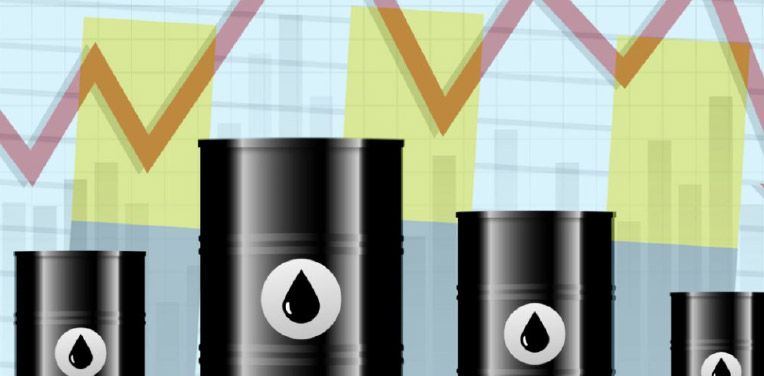

The course discusses the uncertainties and risks associated with resource estimates generated for a recovery project and it describes how to quantify these uncertainties throughout project life. The course will show how reserve/resource estimates can significantly contribute to an organization’s asset evaluation and decision-making process as well as providing an update on the effort to modernize reserves reporting.
At the end of this seminar participants will:
Reservoir Engineers, Senior Reservoir Engineers, Production and Facilities Engineers, Process Engineers, Geoscientists, Young and Senior Operators, Geologists, Geophysicists, anyone who have a need to determine values of reservoir fluid properties and use Equations of State for engineering studies and reservoir simulation,
Field Development Personnel, Asset Management Team members and Business Development Managers, Production staff, and Operation Personnel who are responsible for the Oil and Gas Reservoir development design and implementation, experienced professionals who want to refresh or broaden their understanding of Oil and Gas properties in the purposes of fields development, other professionals who want a better understanding of the subject.
Introduction & Short Notes:
Petroleum Economics:
Deterministic Reserves:
Statistics, Probability and Uncertainty:
Reserve Estimation:
CDGA attendance certificate will be issued to all attendees completing minimum of 80% of the total course duration.
| Code | Date | Venue | Fees | Register |
|---|---|---|---|---|
| DE123-02 | 20-04-2026 | Istanbul | USD 5950 | |
| DE123-03 | 19-07-2026 | Dubai | USD 5450 | |
| DE123-04 | 25-10-2026 | Doha | USD 5450 |
.jpg)
This workshop provides practical guidance in the application of the techniques of the economic analysis currently used in the oil & gas industry. When executing a petroleum related project, such as a ...

Naturally fractured reservoirs present unique and specialized challenges to hydrocarbon extraction. This course seeks to confront many of these challenges by providing an introduction to the engineeri ...
Providing services with a high quality that are satisfying the requirements
Appling the specifications and legalizations to ensure the quality of service.
Best utilization of resources for continually improving the business activities.
CDGA keen to selects highly technical instructors based on professional field experience
Since CDGA was established, it considered a training partner for world class oil & gas institution
3012, Block 3, 30 Euro Business Park, Little Island, Co. Cork, T45 V220, Ireland
Mon to Fri 09:00 AM to 06:00 PM
Contact Us anytime!
Request Info